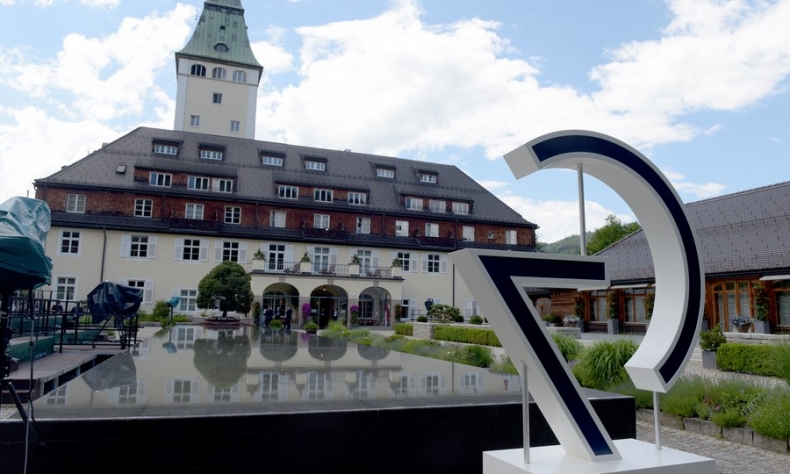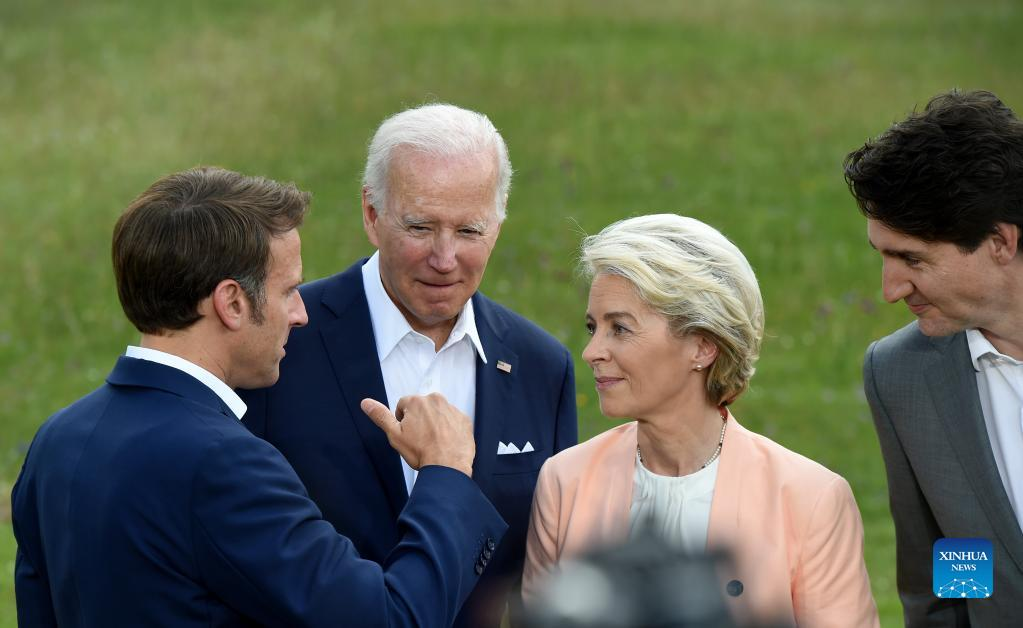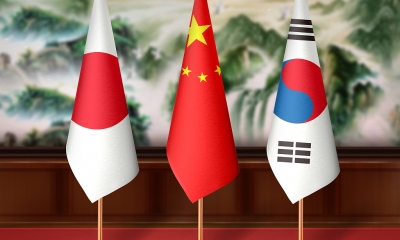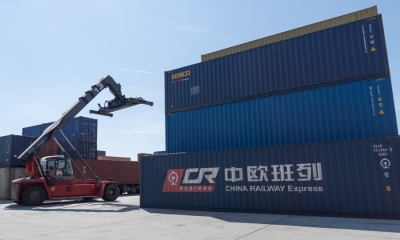Two Different Answers of G7 and BRICS

The commitment to not influencing the internal affairs of other nations and to not advancing trade agreements that come with certain strings attached offers an intriguing counterbalance to the G7.
Throughout the (supposed) “free world” this week, significant media attention is focused on back-to-back geopolitical events in Europe. First, the leaders of the G7 (Canada, France, Germany, Italy, Japan, United Kingdom, United States) are in Germany, where they are holding conversations primarily focused on economics and finance. They will then travel to Spain, where a larger gathering of North Atlantic Treaty Organization (NATO) members will take place. There, the conversations will mostly focus on military policies.
Events such as these provide headline-grabbing moments and rather standard political promises. The primary topic on the table will be the Russia-Ukraine war, which is now in its fifth month and which shows no signs of winding down.
The collection of Western leaders will make clear in Germany and in Spain that they bear no responsibility for the tragedy that has become Ukraine even though there is ample evidence that over the past 25 or so years they and their predecessors refused to listen to Russian warnings that expanding NATO ever closer to Russia’s border would eventually result in consequences. Rather, they will assert that Russian president Vladimir Putin is the person to blame because he sent his troops into Ukraine.

NATO Secretary-General Jens Stoltenberg set the tone for the NATO meeting even before the G7 leaders arrived. On Monday, he announced that the military bloc would increase its rapid-reaction forces from 40,000 to 300,000. He said the move was necessary in order to tamp down any ideas President Putin might have expanded the war in Ukraine to other European countries that are aligned with NATO.
One other topic also is likely to be dismissed by the West, but it ought not be: the growing international power of the BRICS. Brazil, Russia, India, China and South Africa make up the quintet of countries, although there are indications at least two other nations might soon be added. The BBC sought to throw cold water on the global prestige of the BRICS, but even it had to admit that “its importance can’t be overstated. BRICS nations have a combined population of 3.23 billion and their combined GDP is more than $23 trillion.” Viewed another way, the five countries combine to make up about 42 percent of the world’s population and about 25 percent of the world’s GDP.
The annual BRICS summit took place last week with the leaders meeting via video. This year was China’s turn to host, and Chinese President Xi Jinping offered a reminder about the message the BRICS deliver to the world, noting “a righteous course of mutual support and win-win cooperation. Standing at the crossroads of history, we should both look back at the journey we have traveled and keep in mind why we established BRICS in the first place.”
The BRICS partnership was established not only to provide a counterweight to the G7 but also to strengthen the individual nations’ diplomatic and security efforts around the world. Combining forces is important especially recognizing the economic and political cohesion that permeates the G7 is not present with the BRICS. On the other hand, the commitment to not influencing the internal affairs of other nations and to not advancing trade agreements that come with certain strings attached offers an intriguing counterbalance to the G7.

As mentioned, the BRICS might soon get bigger. Russia’s foreign ministry spokesperson Maria Zakharova indicated late Monday that Argentina and Iran have asked to join the body. She did not indicate when a vote to approve their membership would take place, but both countries have made clear their interest in aligning with the BRICS. It is not irrational to suggest that BRICS will expand even further in the future. China has championed the idea of BRICS+, and countries such as Mexico, Nigeria and Turkey are among the nations that might find a partnership relevant. BRICS+ could eventually become a counterweight to the G20, a grouping of 20 of the world’s largest economies, including developing ones.
China also has put forward in recent months a Global Development Initiative (GDI) and a Global Security Initiative (GSI). The GDI challenges the global community to address issues such as food security, pandemic responses and vaccines, poverty and climate change. Roughly 100 countries have signed on to this effort. The GSI, which was outlined by President Xi earlier this year, is a blueprint for territorial integrity, a rejection of out-of-date Cold War thinking and a recognition for non-interference in the domestic affairs of all nations. As Chinese Foreign Ministry spokesperson Wang Wenbin added, the GSI was necessary because of the “growing threats posed by unilateralism, hegemony and power politics, and increasing deficits in peace, security, trust and governance.”
In short, China continues to expand its imprint across the globe. You might say it is committed to growing BRICS by BRICS. And more countries appear eager to adopt Beijing’s vision of the 21st century world order. The West appears to have not yet found its response.
The article reflects the author’s opinions, and not necessarily the views of China Focus.
 Facebook
Facebook
 Twitter
Twitter
 Linkedin
Linkedin
 Google +
Google +







